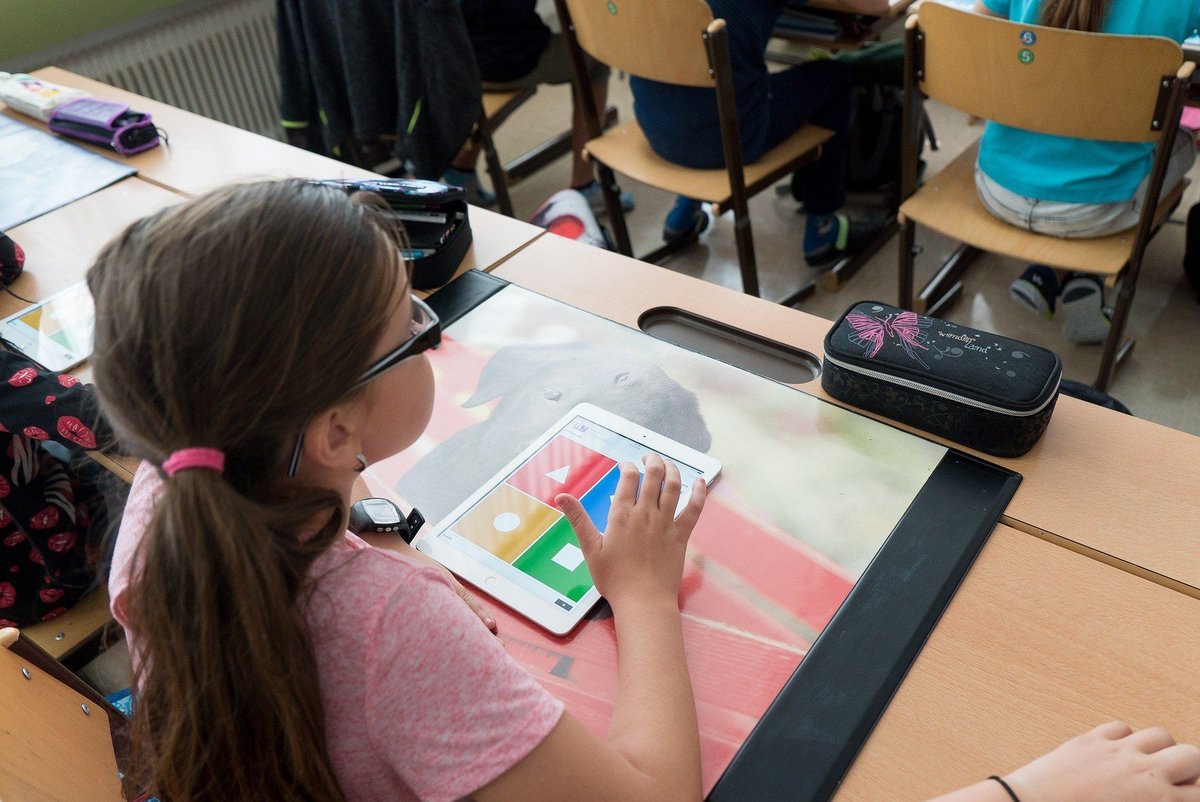Auszeichnung für tierversuchsfreie Testmethode zur Identifizierung von entwicklungstoxischen Substanzen: Als eine von fünf Nachwuchsforschenden weltweit ist Nadine Dreser, Doktorandin in der Arbeitsgruppe für In-vitro-Toxikologie und Biomedizin an der Universität Konstanz, mit dem Lush Prize 2020 ausgezeichnet worden.
Read more
